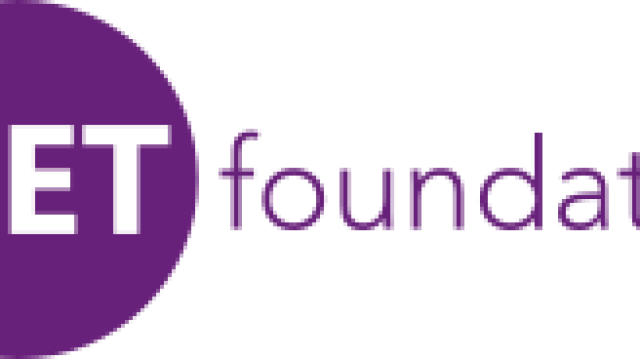The modern function and role of the OSI Board of Directors
The last few years have seen a lot of change for the Open Source Initiative. Starting in 2020, we started a journey to strengthen the organization. We’ve had a profound clarification of mission and vision. We shifted into an advisory board and hired our first Executive Director to lead the organization and staff. Together, the board and staff defined OSI’s strategy, which the staff used to develop measurable 2022 goals and plans that move us towards our vision. This strategy and planning approach is an evolution in the role of the board of directors and how it functions with staff.
With the 2022 board election before us, we’re expecting the board to:
- Stay focused on the agreed upon strategy and plans, supporting the objectives the Executive Director set in collaboration with the board
- Support staff capacity building
- Be disciplined about continuing to be an advisory board and avoid shifting back into a working board
- Reinforce the existing committees to support this year’s strategy and plans
- Continue developing the board leadership role and plan for succession
Specifically, OSI needs board expertise to support our 2022 goals:
- Strengthen OSI’s communication program to regain trust and mindshare with our stakeholders
- Invigorate our ability to convene and educate through events
- Modernize how we publish, discuss and review open source licenses
- Enhance the fundraising efforts to support the organization’s financial stability
- Support the Executive Director’s goals to increase operational excellence
These are all keys to meeting the objectives we’ve committed ourselves to over the last few years, both publicly on our blog and privately in strategy workshops.
What the OSI expects from individuals on the board
Individual directors need to be engaged and focused, and help build bridges that support the strategy and plan that is currently established. In practice that takes many different forms! Board experience is a plus, but one needn’t be experienced with being on boards, one just needs to be open to learning a very different kind of volunteering. You may find our board agreement a valuable lens on expectations.
Another important detail to be attentive to is overall board composition. There are so many different perspectives that need to be represented! Different stakeholders, geographies, identities, philosophies, and skills. Ultimately, the OSI board needs to be able to meet its fiduciary duties, provide relevant subject matter expertise, and to evolve. The more representative the board, the better calibrated OSI is to the world around it, the more capable OSI is of serving the community.
We hope this post provided useful context to current board candidates, the voting members, and the rest of the community. There’s a lot of hard work still to be done in open source, and on OSI itself. But our future together is bright!
We thank everyone who has thrown their hat in the ring to run in the election, and we look forward to working with the individuals the community elects.

